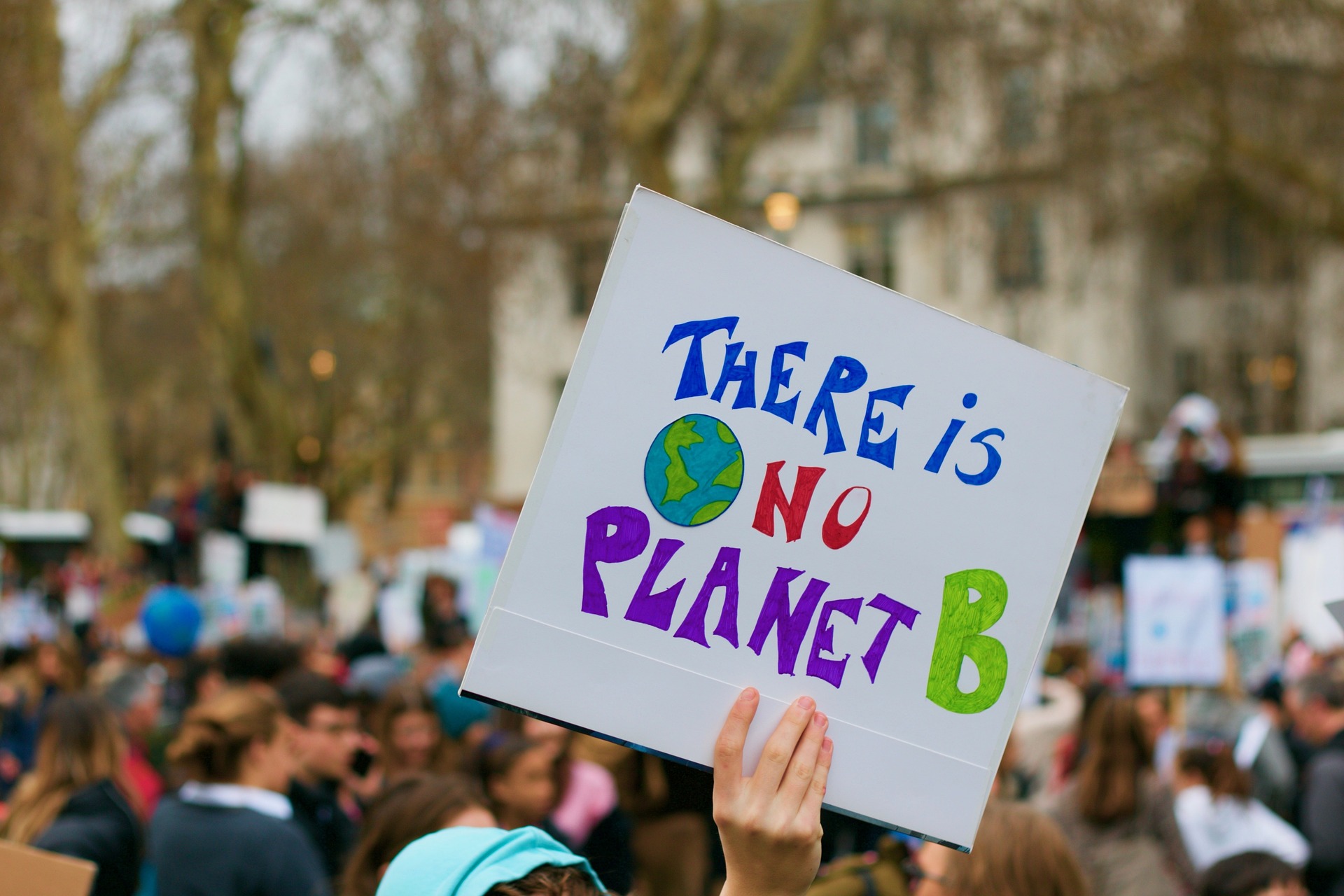The Emergence of Eco-Anxiety: Understanding the Psychological Impact of Climate Change
In today's world, the effects of climate change are no longer just physical. A growing number of individuals are experiencing a new form of anxiety, known as eco-anxiety. This article delves into the psychological implications of climate change, exploring the concept of eco-anxiety, its causes, and its consequences. Read below to discover how this phenomenon is shaping the way we think and feel about the environment.

1. Unraveling Eco-Anxiety: The Emotional Toll of Climate Change
Eco-anxiety, a term coined by environmental psychologists, refers to the chronic fear and worry about the current and future impacts of climate change. It is a response to the overwhelming evidence of environmental degradation and the potential catastrophic consequences for our planet. This anxiety can manifest in various ways, including feelings of helplessness, grief, and fear for the future.
2. Historical Context: The Evolution of Environmental Concern
The concept of eco-anxiety is not entirely new. Throughout history, humans have experienced emotional responses to environmental crises. However, the scale and urgency of climate change have intensified these feelings. The modern environmental movement, which gained traction in the 1960s and 1970s, raised awareness about the interconnectedness of human activities and ecological systems. This awareness has led to a deeper understanding of the psychological impact of environmental degradation.
3. The Psychological Impact of Climate Change
Climate change is not just an environmental issue; it is also a social and psychological one. The constant barrage of news about melting ice caps, rising sea levels, and extreme weather events can trigger a range of emotional responses. Research has shown that exposure to climate change information can lead to increased anxiety, depression, and even post-traumatic stress disorder (PTSD) in some individuals.
4. Coping with Eco-Anxiety: Strategies for Resilience
While eco-anxiety is a legitimate concern, it is essential to find ways to cope with it. Here are some strategies that can help individuals build resilience in the face of climate change:
- Stay Informed: Educate yourself about climate change and its impacts. Understanding the issue can help you feel more empowered to take action.
- Take Action: Engage in activities that promote sustainability and environmental protection. Whether it’s reducing your carbon footprint, supporting environmental organizations, or advocating for policy change, taking action can help alleviate feelings of helplessness.
- Practice Self-Care: Prioritize your mental and physical well-being. Engage in activities that bring you joy and relaxation, such as exercise, meditation, or spending time in nature.
- Connect with Others: Join communities of like-minded individuals who share your concerns about the environment. Connecting with others can provide a sense of belonging and support.
5. The Future of Eco-Anxiety: A Call for Action
As climate change continues to impact our world, eco-anxiety is likely to become more prevalent. However, this phenomenon can also serve as a catalyst for change. By acknowledging and addressing the psychological impact of climate change, we can foster a more resilient and sustainable society. It is crucial to prioritize mental health in the face of environmental challenges and work together to create a better future for our planet.
In conclusion, eco-anxiety is a growing concern that highlights the psychological impact of climate change. By understanding the causes and consequences of this phenomenon, we can take steps to build resilience and create a more sustainable future. Together, we can navigate the challenges of climate change and work towards a healthier planet for generations to come.




